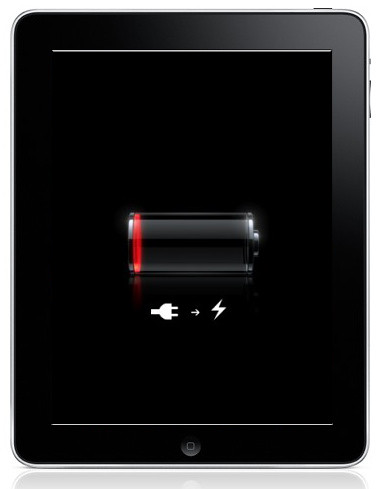
photo by Joseph Thornton (jtjdt) | Flickr.com
Know Your Battery
Most consumer electronics these days are powered by Lithium-ion (Li-ion) batteries. They’re popular because they tend to be lighter and provide more energy per weight than other kinds of rechargeable batteries, but they can also be temperamental if improperly charged.
It’s important to know that Li-ion batteries do not benefit from being fully charged. Quite the contrary, it is better that they remain partially charged. That means plugging your device in before the battery dies completely and unplugging it before it hits 100%—no more leaving your cell phone connected to the charger on your nightstand while you sleep (which also wastes electricity).
Aside from that, you should be conscious of the temperature of your battery. It’s best to avoid exposing it to high heat, including leaving your phone in a hot car and allowing it to heat up as it charges. Extreme cold also isn’t ideal, but cool temperatures are preferable.
Disable Unused Services
Things like GPS, Wi-Fi, and Bluetooth on cell phones all download data the entire time that they are enabled whether you are actively using them at the time or not, which can be a huge drain on your battery. Along the same lines, it’s good to keep your apps up-to-date because updates often include small tweaks that improve their overall energy efficiency.
As far as laptops go, the same concept of using the most recent version of software applies. You should also make sure that your hard drive is running as efficiently as possible by defragmenting it regularly, and you should opt for a complete shut-down (or even hibernation) over putting your laptop on standby whenever possible.
With these tips, you should be able to use your batteries and your devices to their full potential for as long as possible. But all electronic devices become scrap eventually, so remember to recycle them when they do. Cash for Electronic Scrap USA pays cash for old and unwanted electronic devices, and we recycle them responsibly as well. For more information about how to get paid for recycling e-scrap, visit CashForElectronicScrapUSA.com today.




